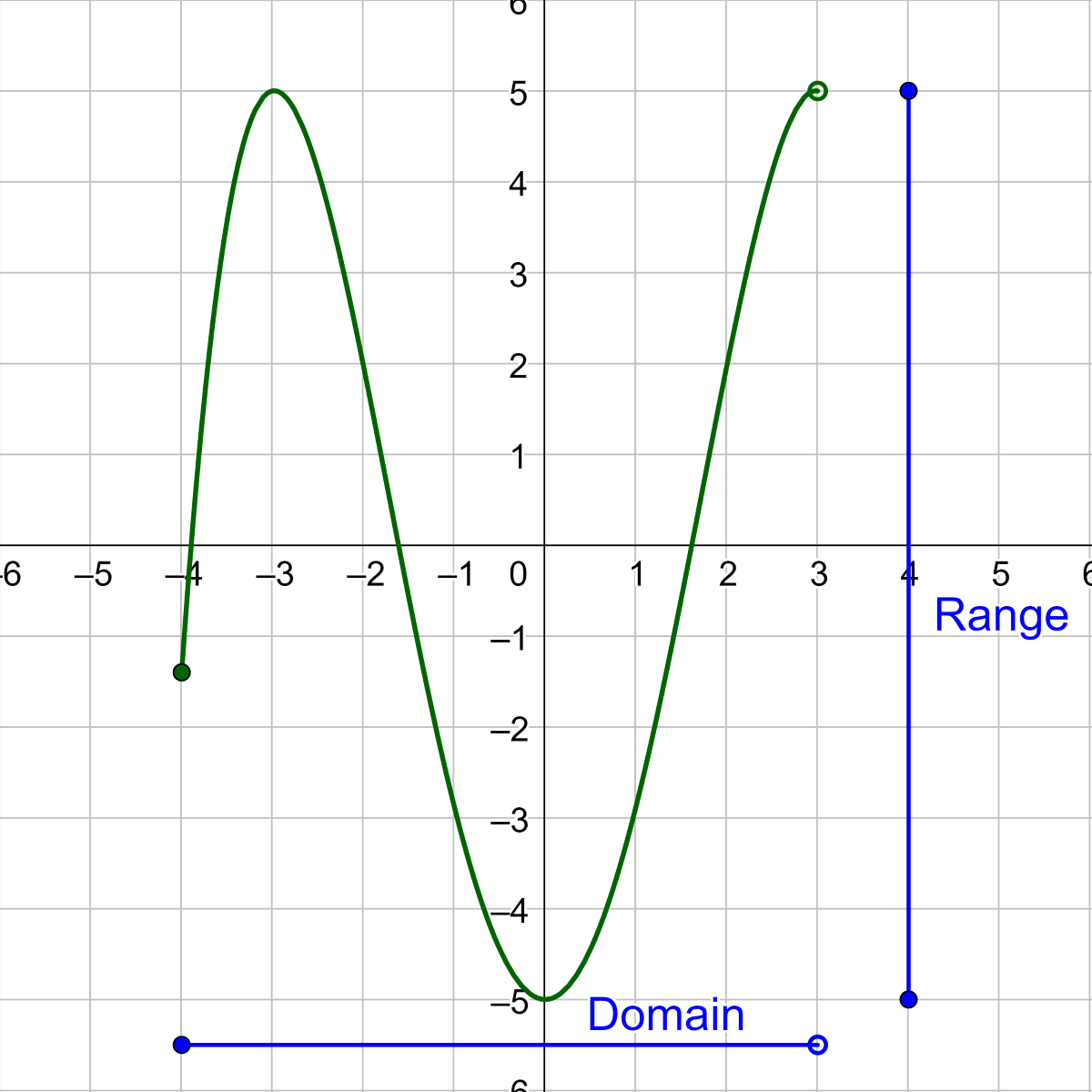
While there are many definitions of knowledge graphs around, most of them agree that knowledge graphs are: Knowledge graphs can be created from scratch, e.g., by domain experts, learned from unstructured or semi-structured data sources, or assembled from existing knowledge graphs, typically aided by various semi-automatic or automated data validation and integration mechanisms.

encode domain, task and application knowledge that would be costly to learn from data alone.Ī knowledge graph organises and integrates data according to an ontology, which is called the schema of the knowledge graph, and applies a reasoner to derive new knowledge.facilitate transfer learning and explainability.reduce the need of large, labelled datasets.In AI, knowledge graphs complement machine learning techniques to: In data science, common use cases are around adding identifiers and descriptions to data of various modalities to enable sense-making, integration, and explainable analysis. Today, KGs are used extensively in anything from search engines and chatbots to product recommenders and autonomous systems. The term ‘knowledge graph’ has been introduced by Google in 2012 to refer to its general-purpose knowledge base, though similar approaches have been around since the beginning of modern AI in areas such as knowledge representation, knowledge acquisition, natural language processing, ontology engineering and the semantic web. Current partnerships and collaborations.The foundation of the framework is structured around the annotation-based programming model well-known to Spring Boot developers. Realizing how much of a deal it was for their developers, Netflix decided to open-source the framework and build a community around it in 2020 (Netflix is using the same OSS components!). Automatic support for interface/union types.GraphQL subscriptions (WebSockets and SSE),.Easy integration with GraphQL Federation,.
#Domain graph code

Annotation-based Spring Boot programming model,.Despite most of the DGS's code is written in Kotlin it's primarily designed to be used with Java and its key features include things like:

The framework is built on top of graphql-java. Domain Graph Serviceĭomain Graph Service (DGS) is a framework created internally at Netlfix that simplifies the implementation of standalone and federated GraphQL services for Spring Boot.

That's the reason why Domain Graph Service was brought to life. To call this operation successful it was obvious that teams that were forced to implement GraphQL must have been provided a great developer experience for GraphQL in Spring Boot.
#Domain graph full
GraphQL community is full of great stories about how GraphQL implementation changed a product, made it better and more powerful.


 0 kommentar(er)
0 kommentar(er)
